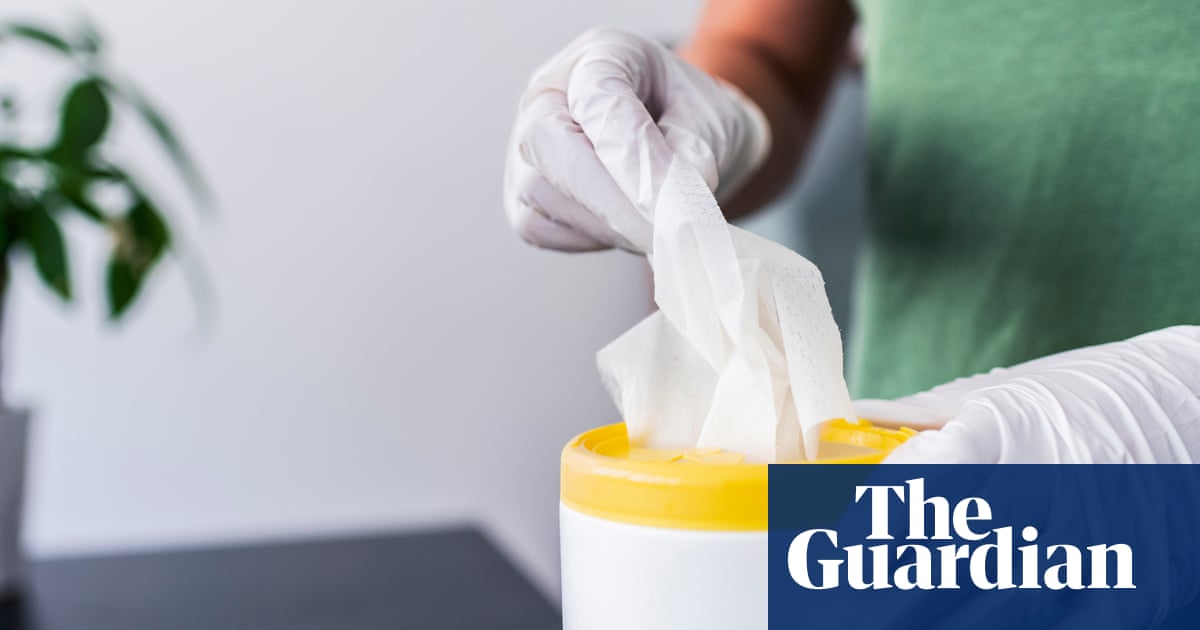Starch-based bioplastic that is said to be biodegradable and sustainable is potentially as toxic as petroleum-based plastic, and can cause similar health problems, new peer-reviewed research finds.
Bioplastics have been heralded as the future of plastic because it breaks down quicker than petroleum-based plastic, and is often made from plant-based material such as corn starch, rice starch or sugar.
The material is often used in fast fashion clothing, wet wipes, straws, cutlery and a range of other products. The new research found damage to organs, changes to the metabolism, gut microbe imbalances that can lead to cardiovascular disease, and changes to glucose levels, among other health issues.
The authors say their study is the first to confirm “adverse effects of long-term exposure” in mice.
“Biodegradable starch-based plastics may not be as safe and health-promoting as originally assumed,” Yongfeng Deng, a study co-author with something, said in a media statement. “This is particularly concerning given their potential for accidental ingestion.”
Plastic is anotoriously toxic materialthat can contain any of more than 16,000 chemicals, many of which are known to be hazardous to human health or the environment, or have no public toxicological profile. Common plasticizers, such as phthalates and bisphenol, are among the most toxic human-made substances, and linked to health issues from cancer to hormone disruption.
While bioplastics have been pushed as a safer alternative, previous research has found theydon’t break downas fast as the industry has claimed. Meanwhile, there is a dearth of research on the material’s toxicity. Still, its production has proliferated in recent years – nearly 2.5 metric tonnes were used last year, and that figure will more than double over the next five years, according to an industry trade groupestimate.
Like petroleum-based plastics, bioplastics shed and turn into micro-bioplastics – clothing, for example, can shed at high levels when washed, and that can end up in food and water.
In the new study, researchers for three months fed several groups of mice food and water contaminated with “environmentally relevant” levels of bioplastics, and a third with no bioplastics.
They found many of the same health problems from exposure to the plant-based plastic as petroleum-based – the chemicals were found in the mice’s tissue in their livers, ovaries and intestines, where they caused microlesions.
Researchers also found abnormalities in the livers and ovaries, and at higher levels in the group fed more bioplastic. The material also affected genetic pathways and specific gut microbiota imbalances, which the researchers suggest could alter circadian rhythms.
The authors note more research is needed, but the findings raise questions about the safety of bioplastics that are a part of everyday life. Some activists and researchers suggest taking steps to reduce exposure to plastic – in everyday things such as kitchenware or clothing – despite it being difficult to avoid in daily life.
